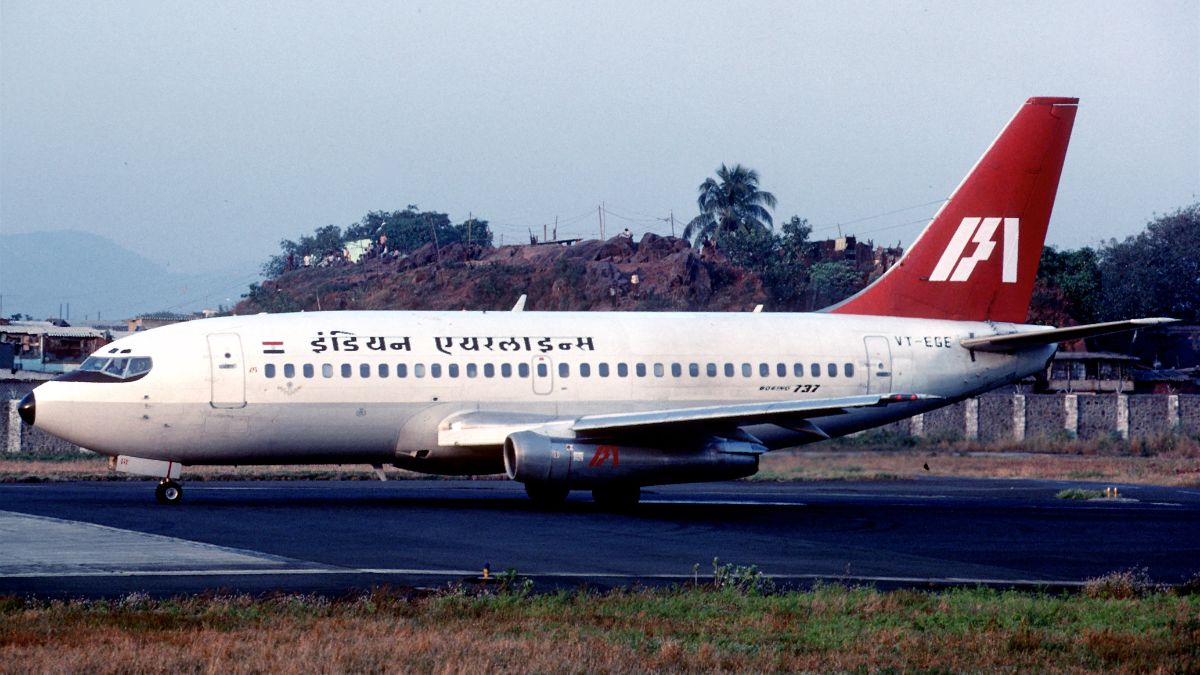) |
|
The hijacking of Indian Airlines Flight IC-421 in 1984, a dramatic event that involved S Jaishankar's father, K Subrahmanyam, as a passenger, serves as a chilling reminder of the turbulent period in India's history marked by the rise of the Khalistan movement. This incident, which unfolded over 38 tense hours, saw pro-Khalistani separatists commandeer the aircraft, demanding passage to the United States for asylum. Their actions, fueled by the ongoing unrest in Punjab following Operation Blue Star, exposed the vulnerabilities of air travel and the anxieties surrounding the secessionist movement.
The hijackers, armed with ceremonial daggers and a revolver, seized control of the plane shortly after takeoff from Chandigarh. Their first act was to circle the Golden Temple in Amritsar, a symbolic gesture highlighting their connection to the Sikh community and their cause for a separate homeland. Following this, they directed the flight towards Pakistan, landing in Lahore where they briefly held the passengers captive before releasing five individuals, including a family, and refueling the plane. Negotiations with Pakistani authorities proved unsuccessful in securing their passage to the United States, leading to the rerouting of the aircraft to Karachi and ultimately to Dubai.
The standoff at Dubai airport heightened the tension. The hijackers, refusing to release the passengers, threatened to execute hostages if their demands were not met. This prompted a tense negotiation involving the UAE’s Defence Minister, Sheikh Mohammed bin Rashid Al Maktoum, who played a critical role in de-escalating the situation. The United States, however, refused to grant asylum to the hijackers, further complicating the situation. A medical emergency involving K Subrahmanyam, who suffered from diabetes, provided a brief moment of reprieve. He was allowed to exit the plane for medical treatment and returned after receiving his insulin dose.
The situation finally resolved after a 38-hour ordeal, with the hijackers agreeing to release the hostages on humanitarian grounds. The UAE authorities, who had promised them a seven-day asylum period, took them into custody. However, a swift agreement between the UAE and India led to the extradition of all seven hijackers to India, where they faced charges for air piracy. The passengers, including K Subrahmanyam, were flown back to India the next day. This hijacking, although it ended without loss of life, serves as a powerful reminder of the vulnerability of civilian aviation to terrorist acts and the complex geopolitical dynamics that influenced the Khalistan movement.
Source: Jaishankar’s father was on the hijacked Indian Airlines Flight 421 in 1984: What happened then?
